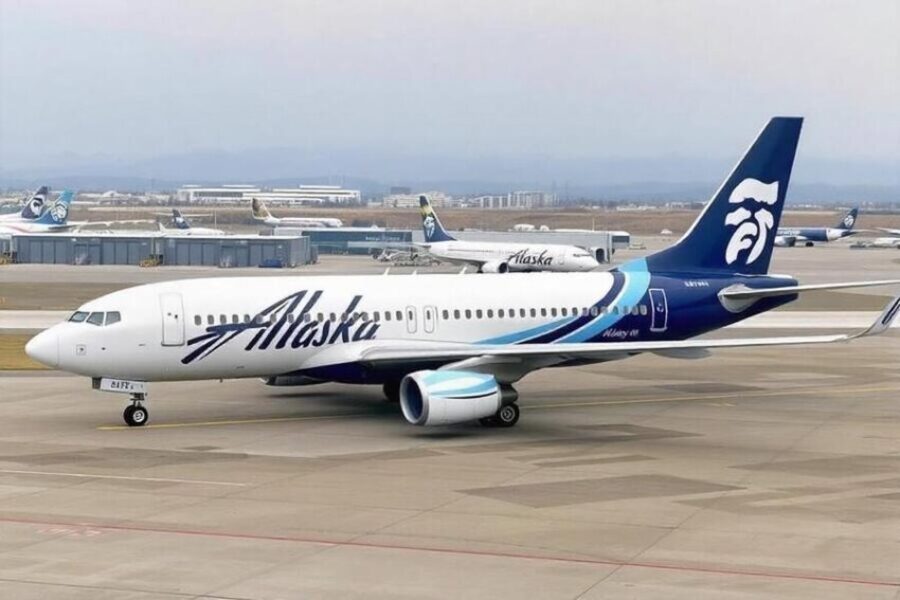Hawaiian Airlines Implements New No-Show Policy Affecting Non-Refundable Ticket Holders After Alaska Airlines Acquisition - Travel And Tour World
Tuesday, May 20, 2025

Hawaiian Airlines has introduced a new no-show policy that significantly affects passengers holding confirmed reservations who fail to board their scheduled flights.
This policy, which took effect last Thursday, mirrors a similar stance adopted by Alaska Airlines following its acquisition of Hawaiian Airlines in September 2024. The new rule may lead travelers to lose money or frequent flyer miles on non-refundable fares if they do not take their booked flights.
According to an announcement on Hawaiian Airlines’ official website, any passenger who fails to show up for their ticketed flight will have their entire reservation canceled, including all connecting and return flights associated with the booking. Furthermore, no-shows on non-refundable tickets will not be eligible to use the monetary value or miles spent as credit for future travel. This policy applies uniformly across all non-refundable tickets purchased within the United States, without exemptions for members of HawaiianMiles or Mileage Plan Elite.
Passengers are reminded that to avoid forfeiting their fares, they can modify their reservations online or by contacting Hawaiian Airlines’ reservations department at 1-800-367-5320.
The airline acknowledges that unexpected events occur and advises travelers who have missed their flights but are already at the airport to seek assistance from customer service agents at check-in counters or kiosks.
The new policy distinguishes between non-refundable and refundable tickets. Changes and cancellations on refundable fares continue to be governed by the specific fare agreement applicable at the time of ticketing. Hawaiian Airlines urges passengers to review the fare rules applicable to their tickets carefully.
The policy harmonizes the treatment of no-show passengers across Hawaiian and Alaska Airlines, aiming to provide a consistent travel experience across their combined network. A spokesperson for the airline group emphasized that aligning policies simplifies the customer journey and enhances operational clarity for flights under both brands.
The U.S. Department of Transportation requires airlines to provide transparent information about ticketing rules and passenger rights, including policies surrounding no-shows and refunds. Travelers are encouraged to familiarize themselves with these regulations and their airline’s specific policies to understand their options and responsibilities fully.
Consumer protection agencies highlight the importance of reading and understanding ticket terms before purchase, especially regarding non-refundable fares. Passengers who experience difficulties with refunds or cancellations can seek assistance through official government consumer complaint channels or aviation authorities that oversee airline compliance.
The new policy impacts various traveler segments, including leisure tourists, business travelers, and those booking complex itineraries with multiple legs. While standardizing no-show policies helps streamline airline operations and reduce revenue loss, it also raises concerns about reduced flexibility for customers facing unforeseen changes.
As air travel recovers post-pandemic, airlines are balancing operational efficiency with customer service. Implementing strict no-show policies can help maintain financial sustainability, but travelers must remain proactive to avoid unintended penalties.
In summary, Hawaiian Airlines’ new no-show policy marks a significant change in its post-merger operations with Alaska Airlines.
Passengers with non-refundable tickets who miss flights risk losing their fares and miles without compensation.
Travelers should carefully review fare rules, adjust reservations promptly, and communicate with airline representatives to navigate the new policy.
Passengers seeking recourse or clarification regarding no-show policies and refund eligibility can consult aviation consumer protection agencies and government resources dedicated to ensuring fair air travel practices. These bodies offer guidance on passenger rights and provide mechanisms for complaint resolution.
The consolidation of airline policies following mergers underscores the need for passengers to remain informed about evolving fare conditions. While no-show policies are necessary for operational viability, maintaining transparency and supporting travelers through clear communication is vital in a complex airline industry.











